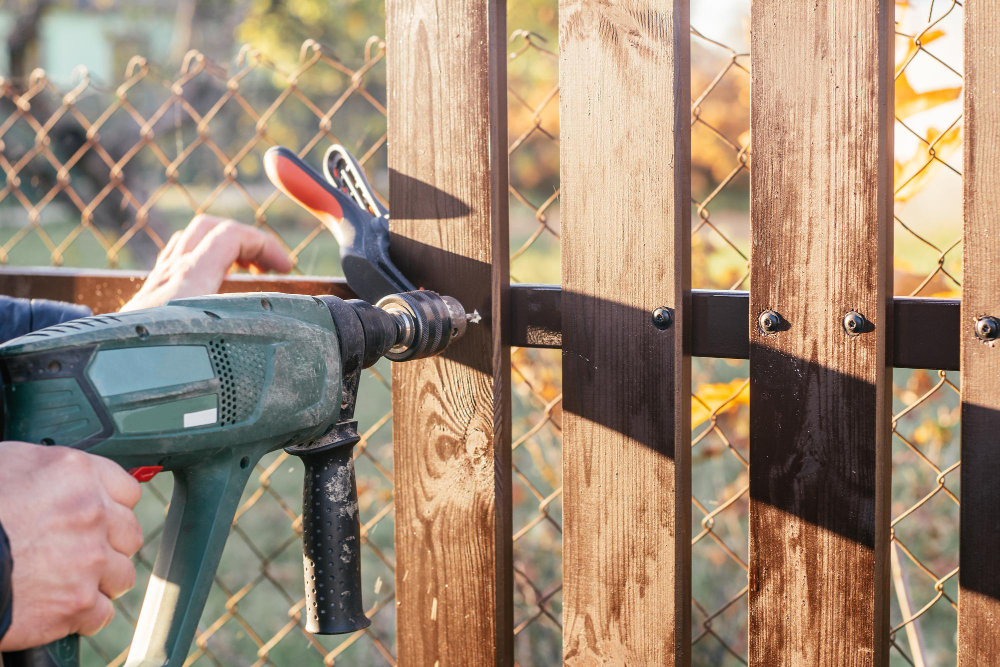Everything you Need to Know about Fencing Bylaws in Florida

Fencing is a great way to enhance the appearance, safety, and privacy of your property. However, before installing a fence, you need to know about the fencing laws and bylaws in your area. In Florida, there are specific guidelines and regulations that you need to follow to ensure that your fence complies with the law. In this blog, we will explore everything you need to know about fencing bylaws in Florida.
1. Zoning Requirements
Firstly, it’s essential to understand the zoning requirements in Florida and how they apply to your property. Zoning regulations dictate how much of your property you can use for various purposes, including fencing. Therefore, you need to know the zoning designation for your area before installing a fence. For instance, some areas prohibit fencing in front yards, making it necessary to install your fence within the backyard.
2. Fence Height Limits
The second thing you need to know is the height limits for fences in Florida. Typically, the maximum height allowed is six feet for backyard fences and four feet for front yard fences. However, specific zoning laws may have different fence height limits, making it essential to research your local bylaws to ensure that you comply with all rules and regulations.
3. Fence Location
In Florida, there are rules and regulations on the location of your fence. The placement of your fence must not obstruct the view of other drivers, pedestrians, or impact any utility easements. Before installing your fence in Florida, you must ensure that it is placed in the correct location within your property, to avoid any legal issues and subsequent removal or adjustment of the fence.
4. Fencing Materials
You’ll also need to be aware of the fencing materials that you can use in Florida. The state has regulations on fencing materials to ensure the safety and overall aesthetics of the neighborhood. Therefore, it’s essential to speak to relevant professionals to understand the right fencing material to use that meets Florida's building and safety codes.
5. Fence Installation Permits
Finally, before you install your fence in Florida, you need to obtain the required permits. A permit confirms that your fence complies with all the local and state bylaws, it is properly installed, and safe. In Florida, building permit requirements may differ from county to county, so be sure to check with the local regulatory authority about the necessary permits for your project.
Conclusion
Fencing bylaws in Florida are essential for property owners who intend to install a fence. By knowing the zoning requirements, fence height limits, fencing materials, and fence installation permits, you can avoid fines and legal issues. If you're looking for a fencing contractors in Jacksonville, FL, contact Masters Fence Contracting. Our team of experienced fence contractors will guide you on the latest fencing bylaws in Florida and ensure that your fence is properly installed. Contact us today for a free quote.